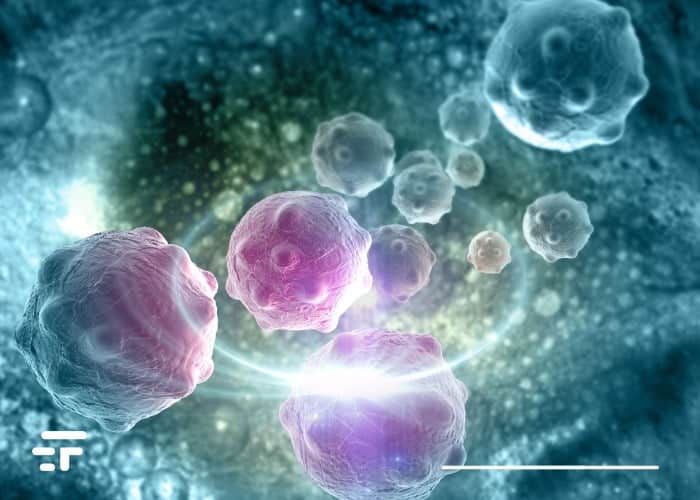A molecule produced in the liver in response to low-carbohydrate “ketogenic” diets has a strong anti-tumor effect and can be used as both a prevention and treatment for colorectal cancer, according to a new study in mice.
In the study published in Nature (I'll put it here) Mice maintained on low-carbohydrate, high-fat diets, such as the ketogenic diet, show remarkable resistance to the development and growth of colorectal cancer. The effect was attributed to the beta-hydroxybutyrate (BHB), a small organic molecule produced in the liver in response to ketological (or starvation) diets.
“Our findings suggest that this natural molecule, BHB, may one day become a standard part of colorectal cancer treatment and prevention,” says co-senior author Maayan Levy, assistant professor of microbiology at the Perelman School of Medicine at the University of Pennsylvania.
A systematic review
The researchers wanted to see if different types of diets could prevent the growth and development of colorectal cancer cells in mice.
And they found that the two most ketogenic diets, with a fat-to-carbohydrate ratio of 90 to 10 (one used lard, the other soybean oil) prevented the development of colorectal cancer in most of the animals. In contrast, all animals on the other diets, including low-fat and high-carbohydrate diets, developed tumors.
But there's more: even in mice with colorectal cancer, switching to one of the two types of diet mentioned above showed a "therapeutic effect" by slowing down the growth of the tumor.
The use of the BHB molecule
In the second phase of testing, the scientists found that this reduction of the tumor is linked to reduced formation of new epithelial cells in the colon. A dynamic they linked to the BHB molecule, which is typically produced by the liver as part of a “hunger response” and triggered in this case by low-carb diets.
Then, simply by giving BHB to mice (in infusions or in water) they achieved colorectal cancer-suppressing effects.
New clinical studies are obviously needed before making recommendations on the use of BHB to treat colorectal cancer. And researchers are already starting one on human patients. The target? Understand whether these potential effects also work on other types of tumors.
Come on guys.
Important disclaimer: This study does not imply that so-called “Keto” diets are automatically linked to miraculous or even beneficial effects. It is also important to keep in mind that some severe diets and long-term calorie restriction can have negative side effects, including immune system deficiencies, wound healing problems, and limited resistance to low or high temperatures, even death. Always be careful :)



